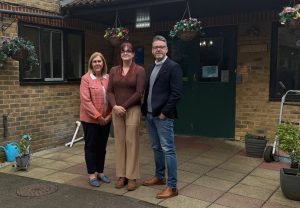Outlook 2019: West Midlands must develop a ‘properly funded regional industrial strategy’
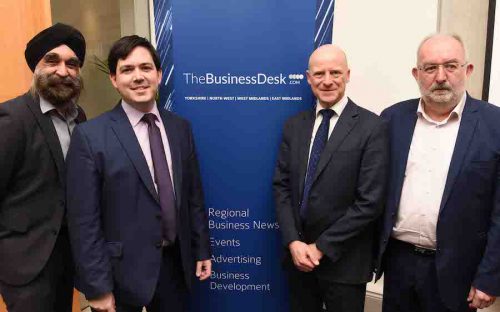
The West Midlands must develop a “properly funded regional industrial strategy” to tackle the reductions in jobs expected in the region’s struggling automotive sector throughout 2019, according to the Director of the Midlands Economic Forum.
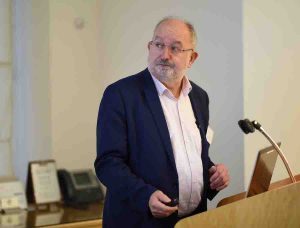
Paul Forrest, director of the Midlands Economic Forum
Paul Forrest, speaking at TheBusinessDesk.com’s Outlook 2019 seminars in conjunction with DLA Piper, said the region’s economy amounted to 0.27% of the global economy.
In terms of the region’s struggling automotive sector, Forrest predicted there would be “significant reductions” in jobs throughout the next year. But a way of tackling these issues, according to Forest, needed to be introducing a “properly funded regional industrial strategy.”
Forrest discussed the strength of the financial services sector in the West Midlands, but was also quick to highlight the growth the manufacturing and production sectors had experienced over recent years.
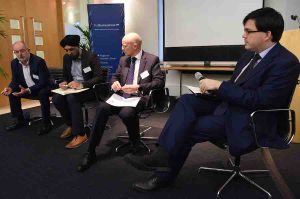
The West Midlands Economic forum tried to put the West Midlands in a global context because “we see the region as the apex of global supply chains which is a really important contributor to the overall global economy,” he explained.
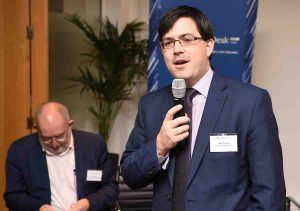
Forrest highlighted that recent data showed that West Midlands economy “has been the strongest performer at of all of the UK regions” but there has been a “slight dip” over recent months.
This is not down to Brexit, but Forrest said is rather due to “the chaotic uncertainty surrounding Brexit as I think that’s causing more problems than the actual event itself.”

Paul Forrest, director of West Midlands Economic Forum
Forrest recommended that the West Midlands should be looking to “offset Brexit” in preparation for 29 March. “We are going to have a deterioration in your access to the European Union, but once we leave we need to look at the competitiveness of our transport infrastructure and establish new trade links before we can work on free trade agreements.”
A major concern for West Midlands is whether or not the HS2 project would be cancelled as Forrest pointed out there were “some fairly big problems with the project,” such as the cost which has been predicted between to land at between £132bn and £133bn.
Forrest also raised concerns over high-speed rail directly linking into London, which was preventing the West Midlands’ better connectivity to “the main export markets, such as France, Germany and the Netherlands.”
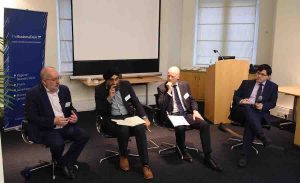
“The problem is why are building a regional transport system towards the potential needs of the HS2, but we aren’t looking what the real needs of the West Midlands economy.”
In conclusion, Forest said: “despite the obvious headwinds, we do think the growth prospects of the West Midlands economy are fairly significant, particularly in manufacturing 4.0.”
Click here to see the Birmingham gallery








